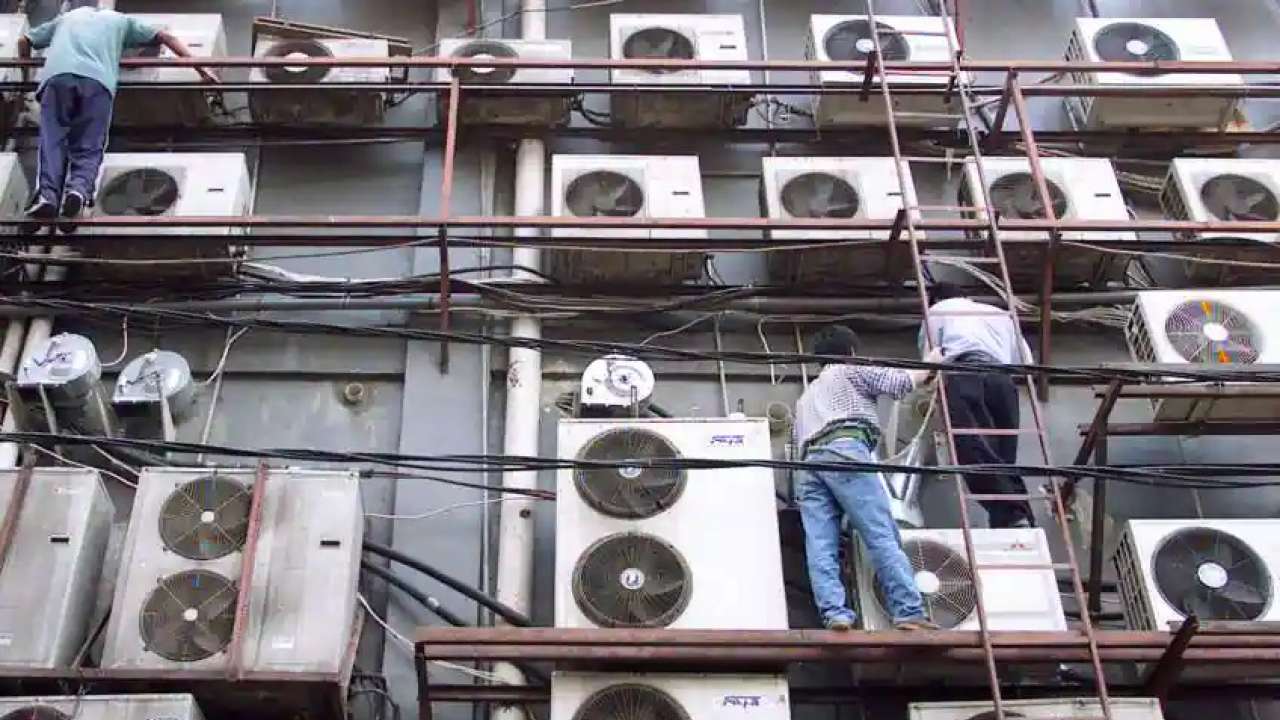
Conversion of air-based centralised cooling systems in prime office buildings in Mumbai to water-based air-conditioning can lead to savings of Rs 175 crore in electricity bills annually, JLL India said on Wednesday. The property consultant said Mumbai's Grade A office space currently stands at 144 million square feet, of which only 42 per cent (60 million square feet) uses centralised heating, ventilation, and air conditioning (HVAC) system, known as air-conditioning system in common parlance.
The energy savings by an efficient HVAC system offers long-term solutions for reducing the energy requirements of a commercial building, JLL India said in its report 'A sustainable approach through HVAC interventions'. “Within the 60 million sq ft of office space having a centralised HVAC system, only 33 million sq ft uses water-based air conditioning which is more energy-efficient than the air-based counterpart”. "Due to the use of this water-based cooling system, Mumbai's office segment is able to save 185 million Kwh of energy annually translating into a reduction of 1.48 lakh metric tonnes of CO2 emissions," JLL India said in a statement.
READ | RBI hikes repo rate by 40 basis points, EMIs likely to go up
Kwh is a unit of energy, equivalent to the energy transferred or expended in one hour by one kilowatt of power. "The conversion of the balance of 27 million sq ft centralized air-based HVAC to water-based offers the potential to save 152 million Kwh of energy annually. This would lead to an estimated reduction of Rs 175 crore on the energy bill annually and a 1.2 lakh tonne of carbon emission," the consultant said. The resultant capital expenditure towards such upgrades may act as a deterrent for many asset owners/ investors, but the tangible benefits in terms of operating costs and environmental gains along with energy savings far outweigh the immediate impediments.
In India's Grade A office market, DLF, Embassy group, Prestige group, RMZ, Tata Realty & Infrastructure Ltd, Salarpuria Sattva, K Raheja Group, Godrej Properties, Macrotech Developers, Hirananandani group, Kalpataru Ltd, and Max Estates are among the major players. Global investment firms like Blackstone, GIC and Brookfield own large prime office portfolios. Most of the Grade-A office complexes are green buildings.
READ | 7th Pay Commission: After DA hike in March, another good news for central government employees